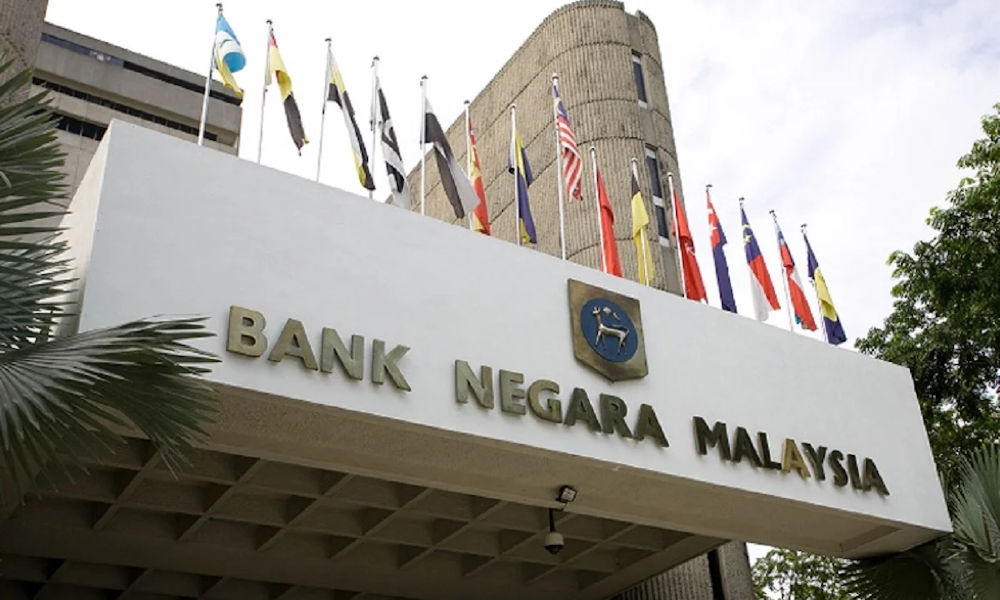Bank Negara keeps OPR at 1.75%

Bank Negara Malaysia (BNM) has kept the overnight policy rate (OPR) unchanged at 1.75%, as widely expected by economists, noting that global economies continued to strengthen, including Malaysia.
For Malaysia, BNM said the latest indicators point to continued improvement in economic activity in the first quarter of the year, and into April. “While the recent reimposition of containment measures in select locations will affect economic activity in the short term, the impact will be less severe as almost all economic sectors are allowed to operate,” said BNM in a statement after its Monetary Policy Committee (MPC) meeting today.
Reuters previously reported that all 13 economists it polled saw the central bank keeping the OPR at its record low to help support the economy’s recovery as coronavirus cases rise even as it had benefited from strong external demand.
In its statement, the central bank said the growth trajectory is projected to improve, driven by a stronger recovery in global demand and increased public- and private-sector expenditure amid continued support from policy measures.
“Growth will also be supported by higher production from existing and new manufacturing facilities, particularly in the E&E (electrical and electronics) and primary-related sub-sectors, as well as oil and gas facilities,” it said, adding that the progress of the domestic Covid-19 vaccine programme will also lift sentiments and contribute towards the recovery in economic activity.
On the global front, BNM said the global economic recovery continued to strengthen, particularly in major economies, supported by improvements in manufacturing and trade activity.
The ongoing roll-out of vaccination programmes and sizeable fiscal stimulus measures in the US, as well as policy support in other major economies, will further facilitate an improvement in domestic demand, it noted.
The growth outlook, however, remains subject to downside risks, it said, stemming mainly from ongoing uncertainties in developments related to the pandemic and potential challenges that might affect the roll-out of vaccines both globally and domestically.
It also cautioned that the recovery trajectory of some economies could be disrupted by tightening of containment measures to curb Covid-19 resurgences.
“The balance of risks to the growth outlook remains tilted to the downside, due mainly to uncertainty over the path of the pandemic as well as potential risks of heightened financial market volatility,” it said.
Headline inflation to average higher at 2.5%-4%
On Malaysia’s 2021 headline inflation, it is projected to average higher at between 2.5% and 4%, primarily due to the cost-push factor of higher global oil prices.
“In terms of trajectory, headline inflation is anticipated to temporarily spike in the second quarter of 2021, due particularly to a lower base from low domestic retail fuel prices in the corresponding quarter of 2020.
“However, this will be transitory as headline inflation is projected to moderate thereafter as this base effect dissipates,” it said.
Nonetheless, the underlying inflation, as measured by core inflation, is expected to remain subdued, averaging between 0.5% and 1.5% for the year amid continued spare capacity in the economy.
According to BNM, the MPC considers the monetary policy stance to be appropriate and accommodative.
“Given the uncertainties surrounding the pandemic, the stance of monetary policy going forward will continue to be determined by new data and information, and their implications for the overall outlook for inflation and domestic growth,” it added.
BNM slashed the OPR four times last year, totalling a cumulative reduction of 125 basis points (bps), to boost the pandemic-struck economy.
Source: TheEdgeMarket.com

